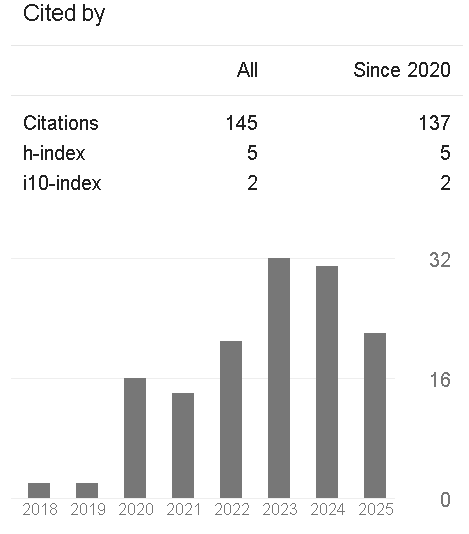The Objectives of Shariah in Will: A Case Study of As-Salihin Trustee Company
مقاصد الشريعة في الوصية: شركة الصالحين ترستي أنموذجًا
DOI:
https://doi.org/10.31436/ijfus.v3i1.116Abstract
Will (waṣiyyah) is a gift of property or a gift of the benefits of property which is established after the death of the testator. It is valid irrespective of it being made in a state of health or during the final illness. It was well known before Islam, but Islam introduced conditions for it, which did not exist in the past. In the pre-Islamic era, the owner of property simply used to make a will to whomever he wished and deprived whomever he wanted. This is why the will had no value during that era, till Islam came and approved it under certain conditions. The wisdom of Islamic Shariah requires the consideration of public interest in its various legislations. So, the Shariah always aims to achieve all those aspects whose benefits are well established, and to prevent all those aspects whose harms are well established. One of these legislations is making wills because human beings need it. This paper highlights the objectives of will, such as the Law Giver neither closed the door of doing good deeds, nor did He prevent from rectifying what is missing. So, He permitted His servants to make wills over a portion of their property, so that they can make up for their short comings and increase their good deeds before their deaths. This objective of will appears in the activities of the As-Salihin Trustee Company.
Keywords: Will, Maqāṣid al-SharīꜤah, As-Salihin Trustee Company, Interest.
Downloads
Metrics
Downloads
Published
How to Cite
Issue
Section
License
Copyright (c) 2019 IIUM Press

This work is licensed under a Creative Commons Attribution-NonCommercial 4.0 International License.
The IIUM journal follows the open access policy.
Consent to publish: The Author(s) agree to publish their articles with IIUM Press.
Declaration: The Author(s) declare that the article has not been published before in any form and that it is not concurrently submitted to another publication, and also that it does not infringe on anyone’s copyright. The Author(s) holds the IIUM Press and Editors of the journal harmless against all copyright claims.
Transfer of copyright: The Author(s) hereby agree to transfer the copyright of the article to IIUM Press, which shall have the exclusive and unlimited right to publish the article in any form, including in electronic media. However, the Author(s) will reserve the right to reproduce the article for educational and scientific purposes provided that the written consent of the Publisher is obtained. For the article with more than one author, the corresponding author confirms that he/she is authorized by his/her co-author(s) to grant this transfer of copyright.





















